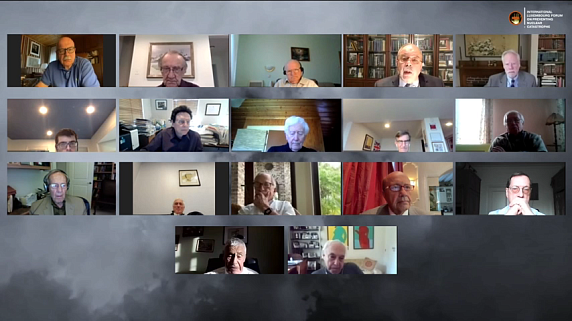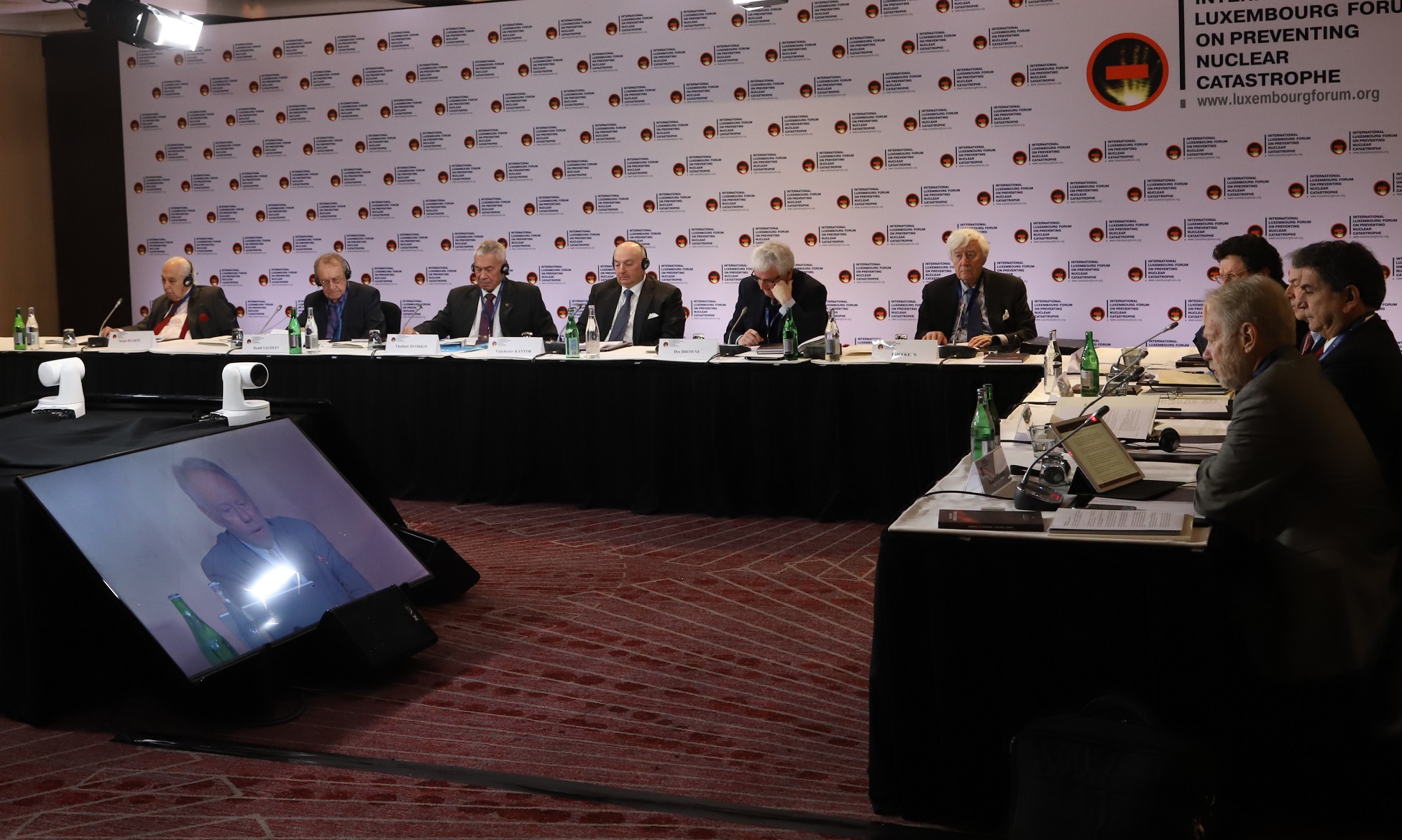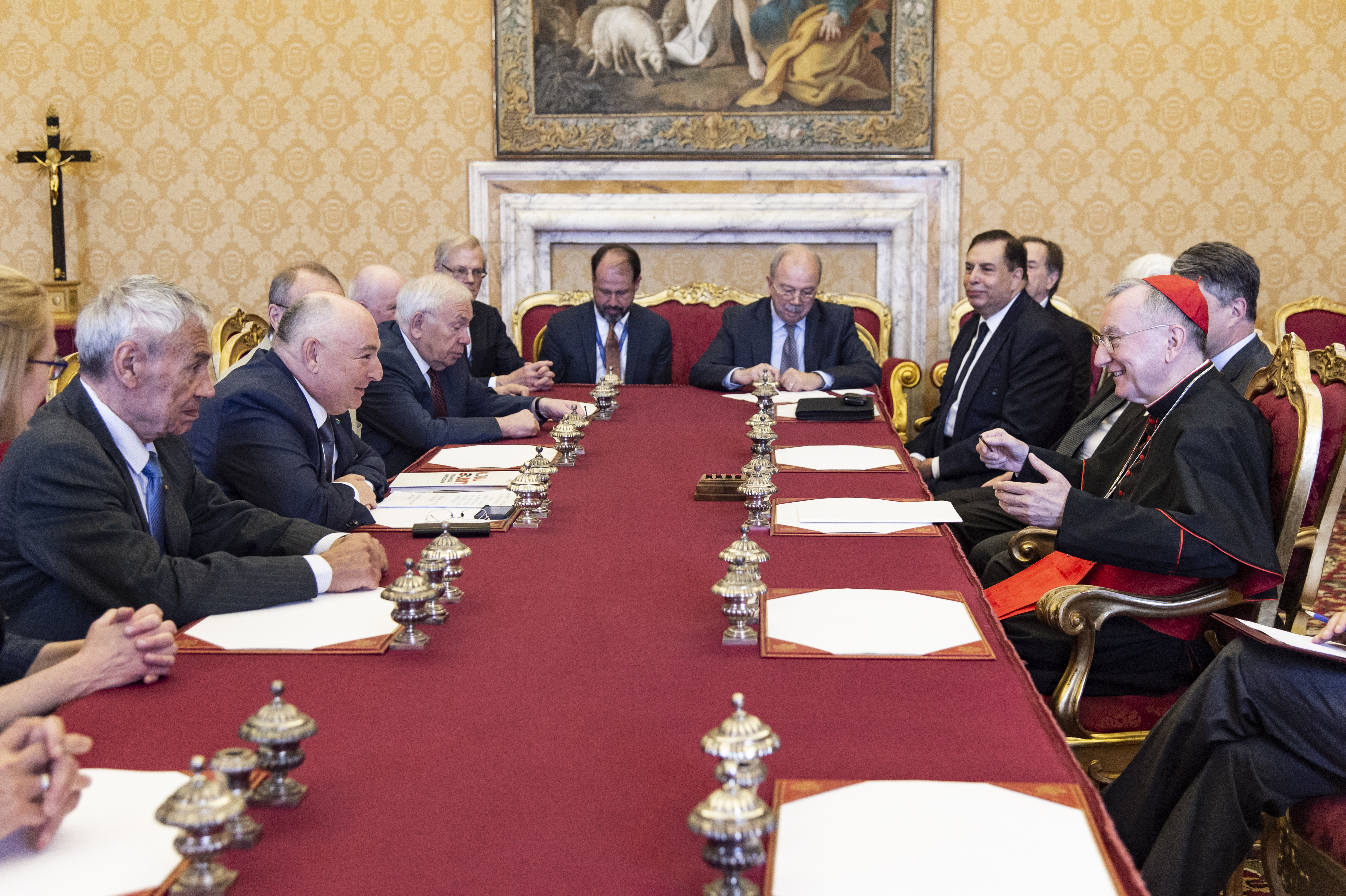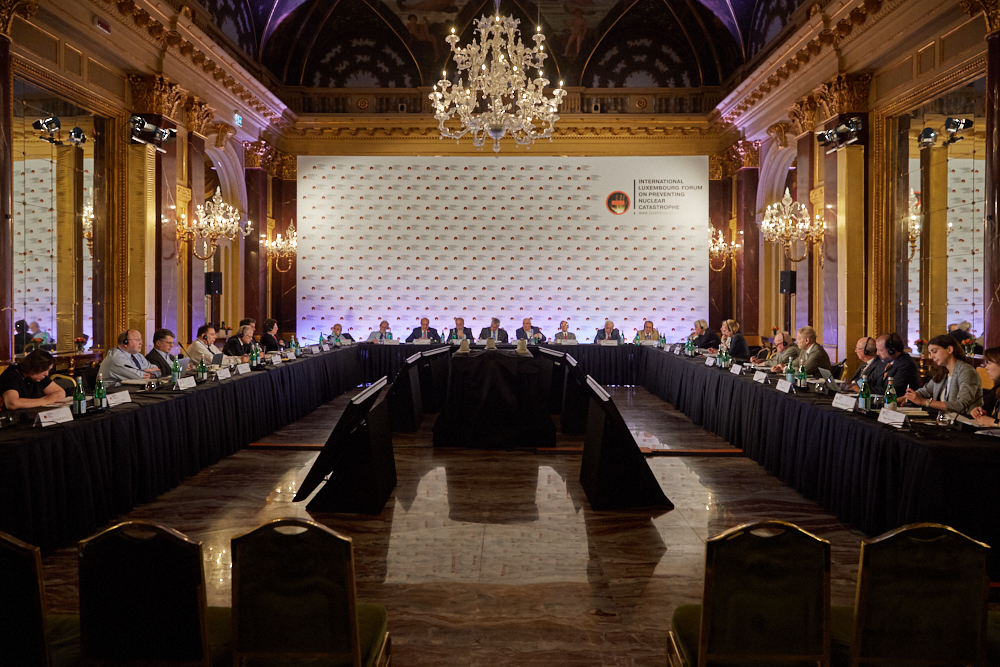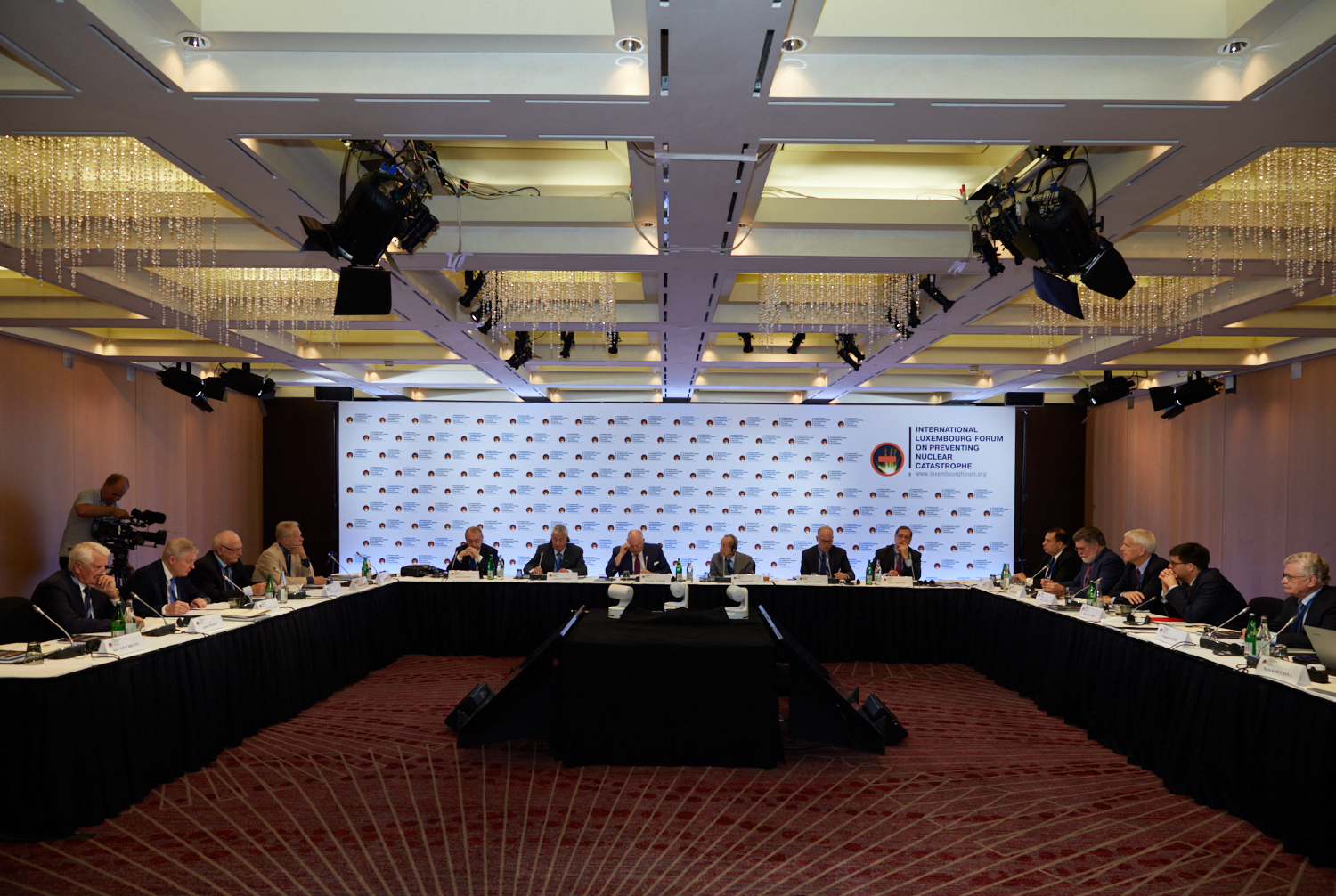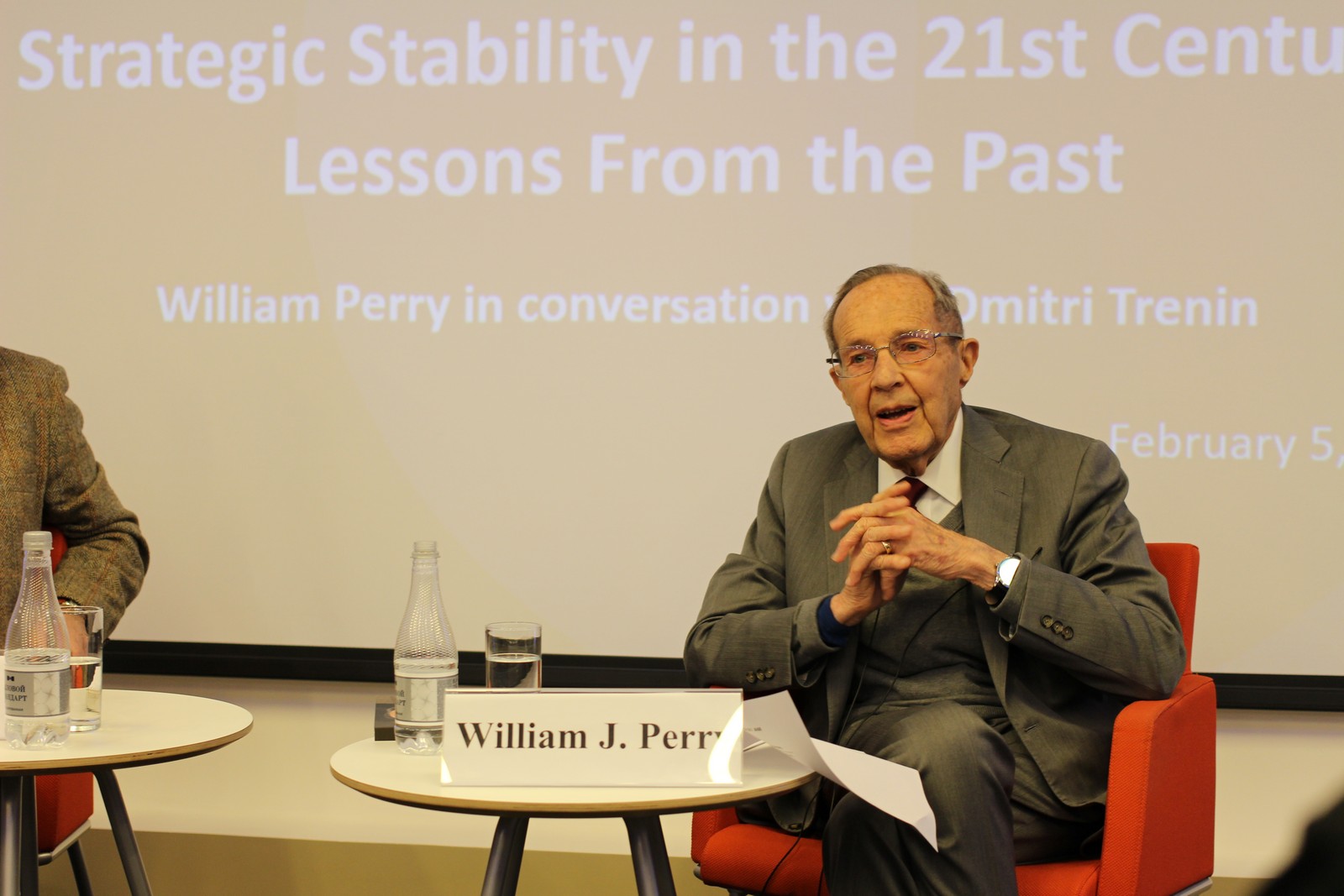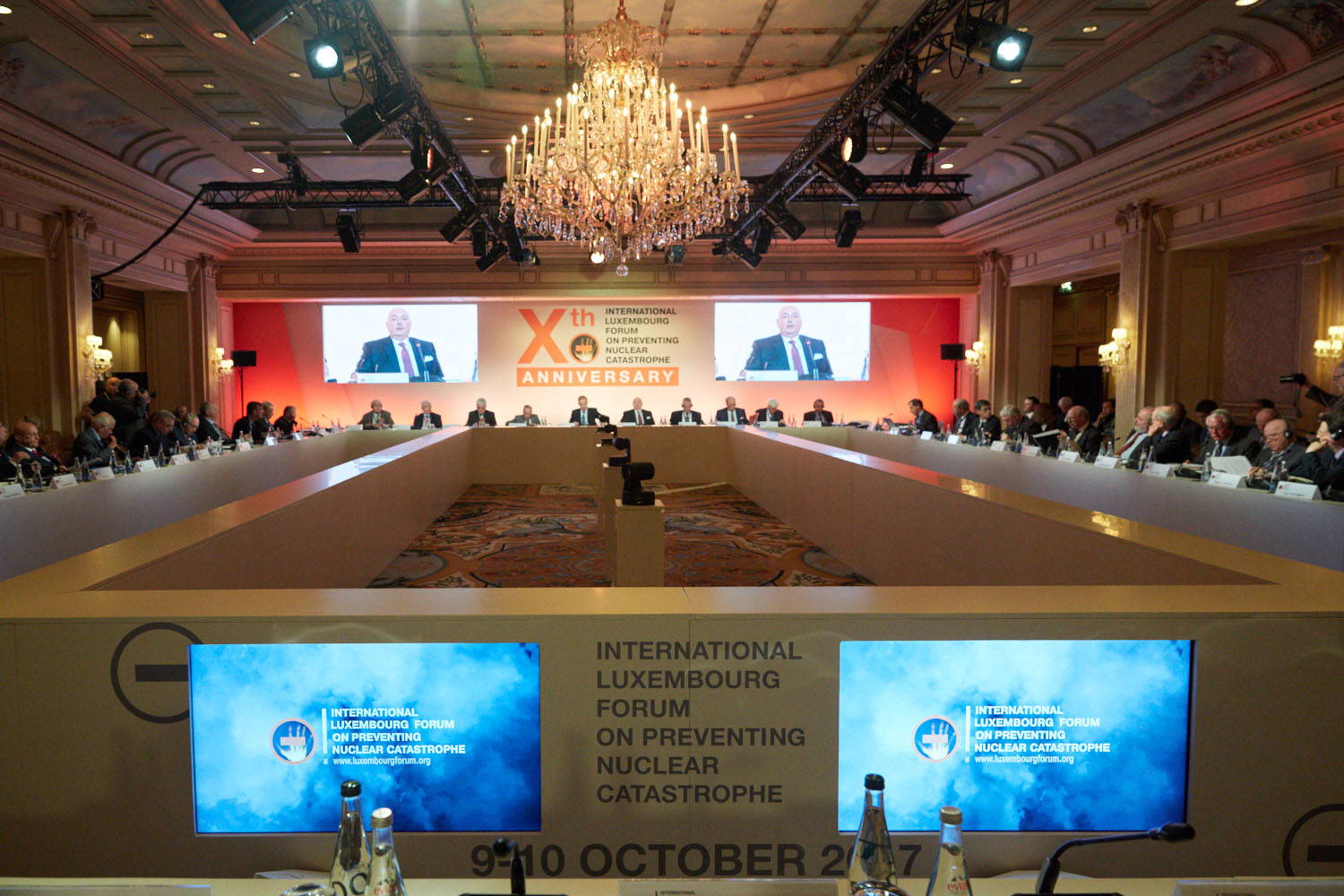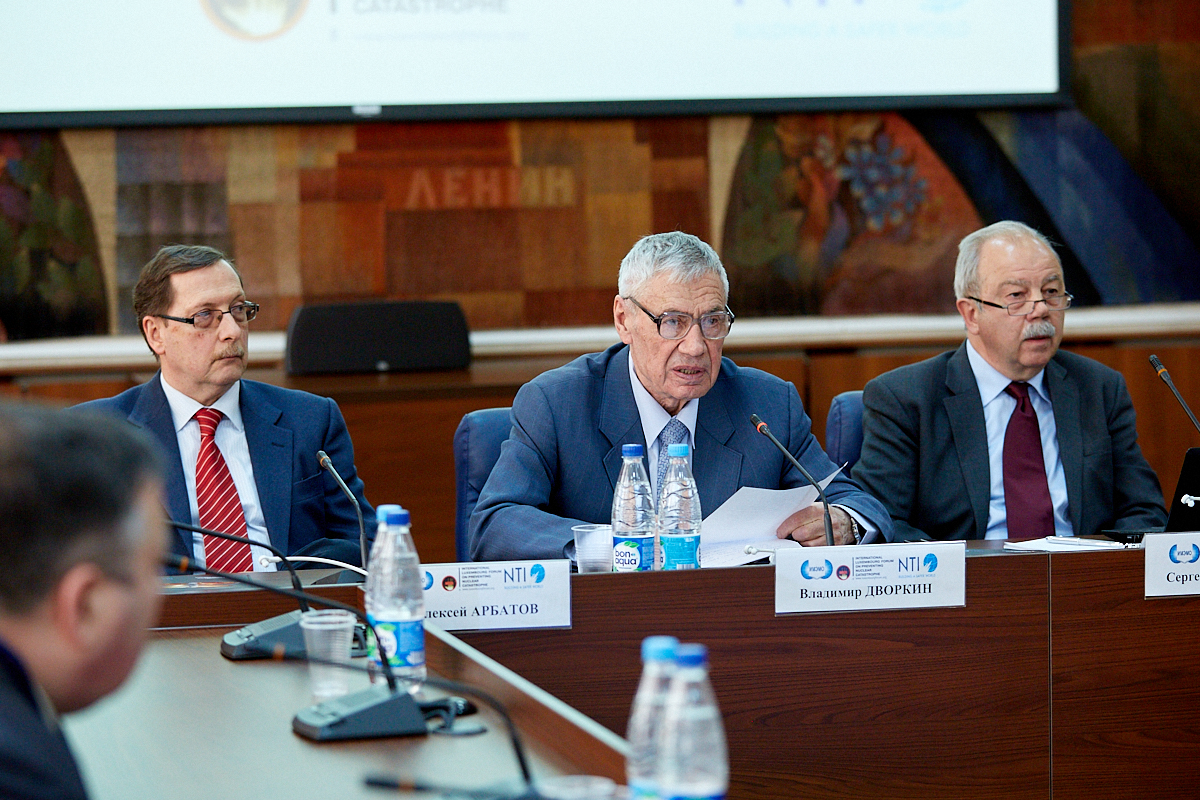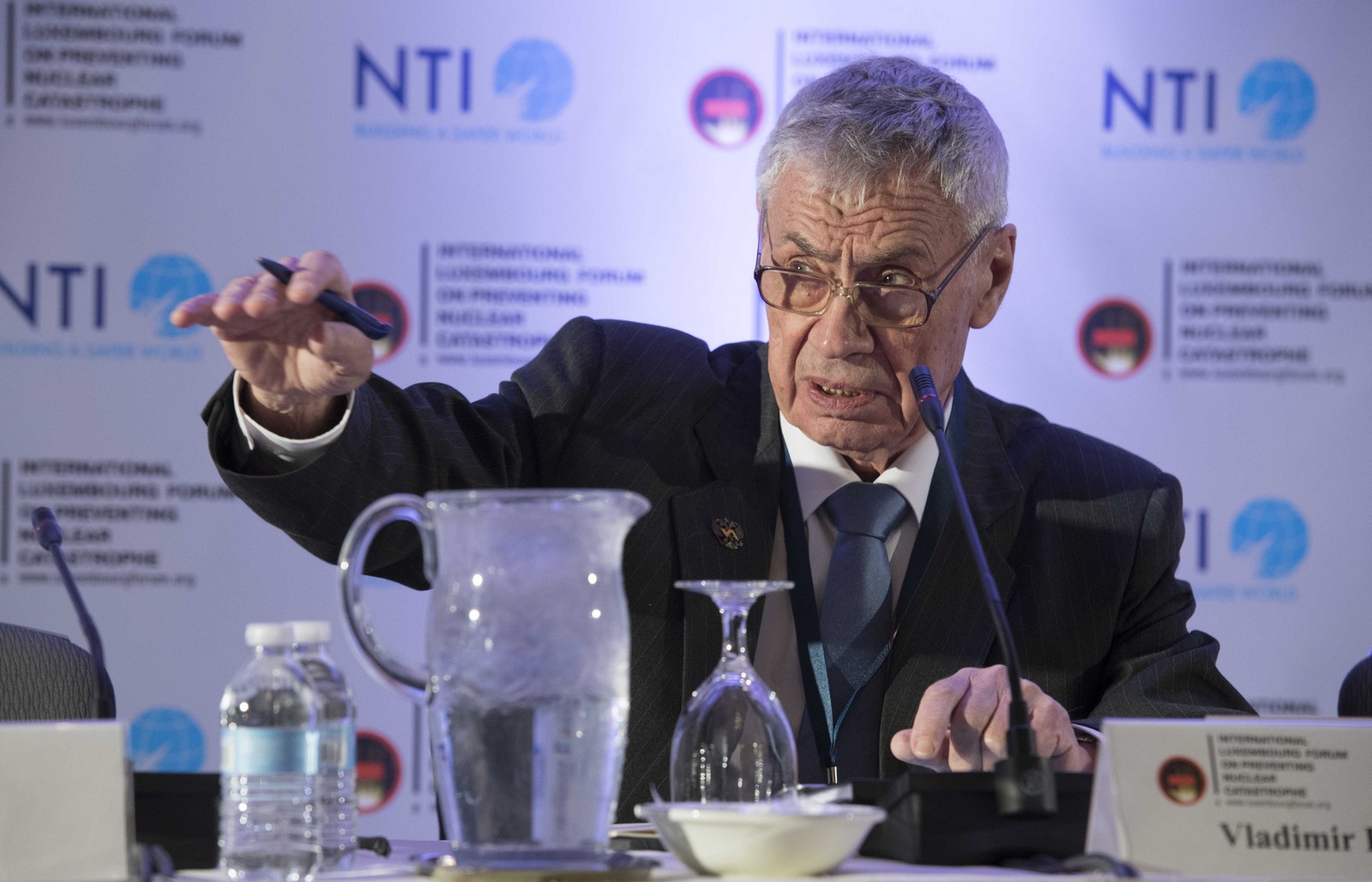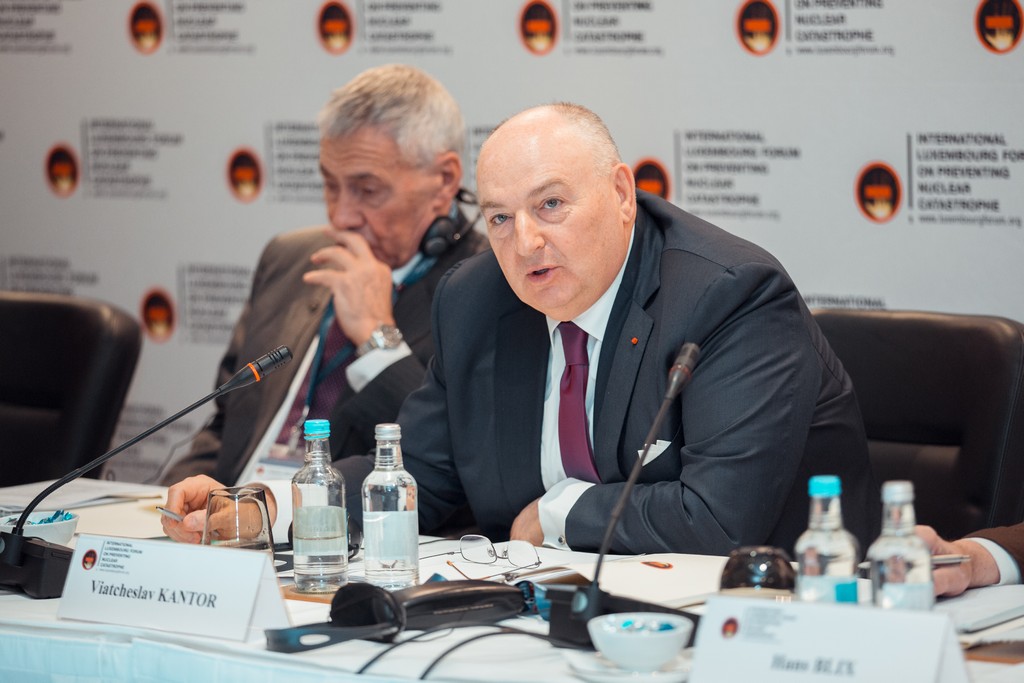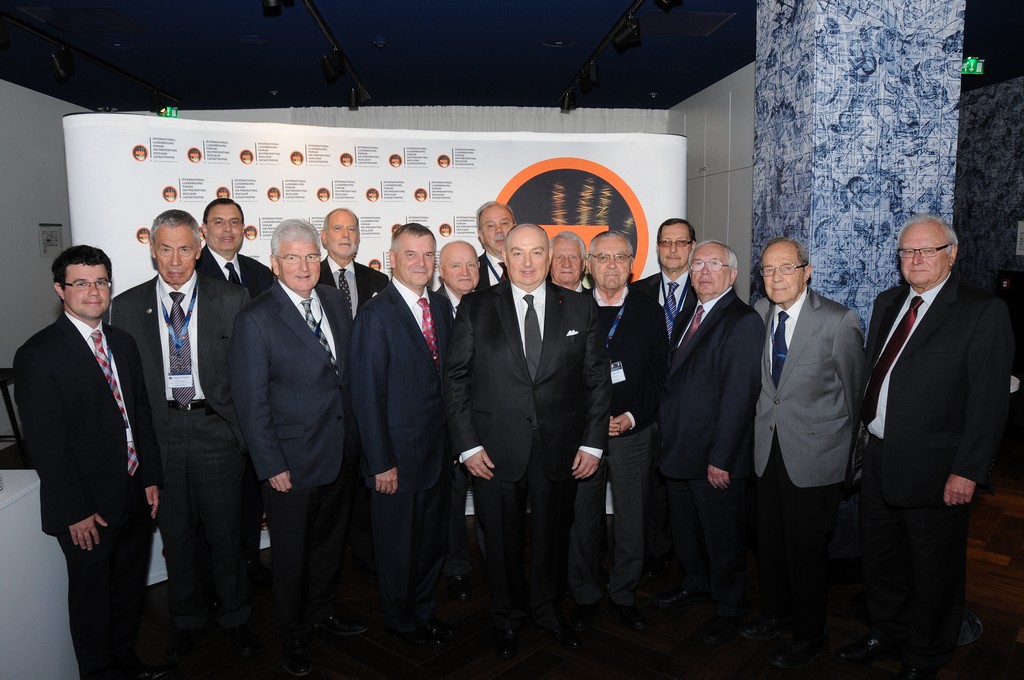{% verbatim %}
{% endverbatim %}
Moscow
Amsterdam
Washington
Stockholm
Prague
Geneva
Warsaw
Montreux
Berlin
Vienna
Rome
Luxembourg сity
London
Paris
Brussels
USA
Russia
United Kingdom
France
China
India
Pakistan
Korea, North
Israel
Argentina
Armenia
Belgium
Bulgaria
Brazil
United Kingdom
Hungary
Germany
India
Iran
Spain
Canada
China
Mexico
Netherlands
Pakistan
Russia
Romania
Slovakia
Slovenia
USA
Taiwan
Ukraine
Finland
France
Czech Republic
Switzerland
Sweden
South Africa
Korea, South
Japan
Geography
- Moscow
- Amsterdam
- Washington
- Stockholm
- Prague
- Geneva
- Warsaw
- Montreux
- Berlin
- Vienna
- Rome
- Luxembourg сity
- London
- Paris
- Brussels
- USA
- Russia
- United Kingdom
- France
- China
- India
- Pakistan
- Korea, North
- Israel
- Argentina
- Armenia
- Belgium
- Bulgaria
- Brazil
- United Kingdom
- Hungary
- Germany
- India
- Iran
- Spain
- Canada
- China
- Mexico
- Netherlands
- Pakistan
- Russia
- Romania
- Slovakia
- Slovenia
- USA
- Taiwan
- Ukraine
- Finland
- France
- Czech Republic
- Switzerland
- Sweden
- South Africa
- Korea, South
- Japan
29
events
15
cities
